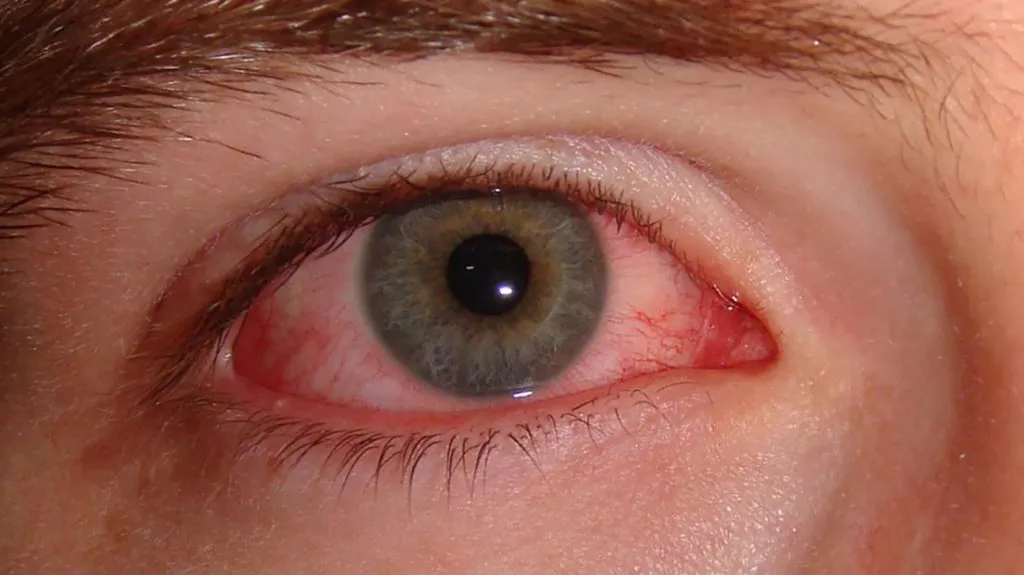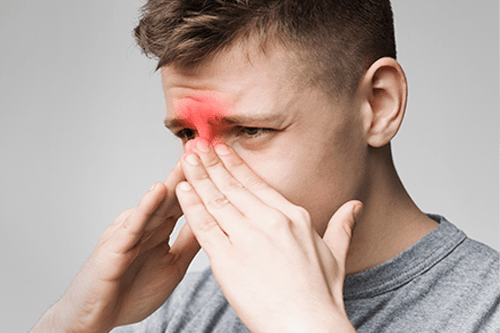Get Your Meds Online Today
We have partnered with RX-Outreach to provide mail order medications at a fraction of the price you may find in your local pharmacy. Meet your chronic illness provider online today and get your medication delivered as quickly as 24 hours later.









